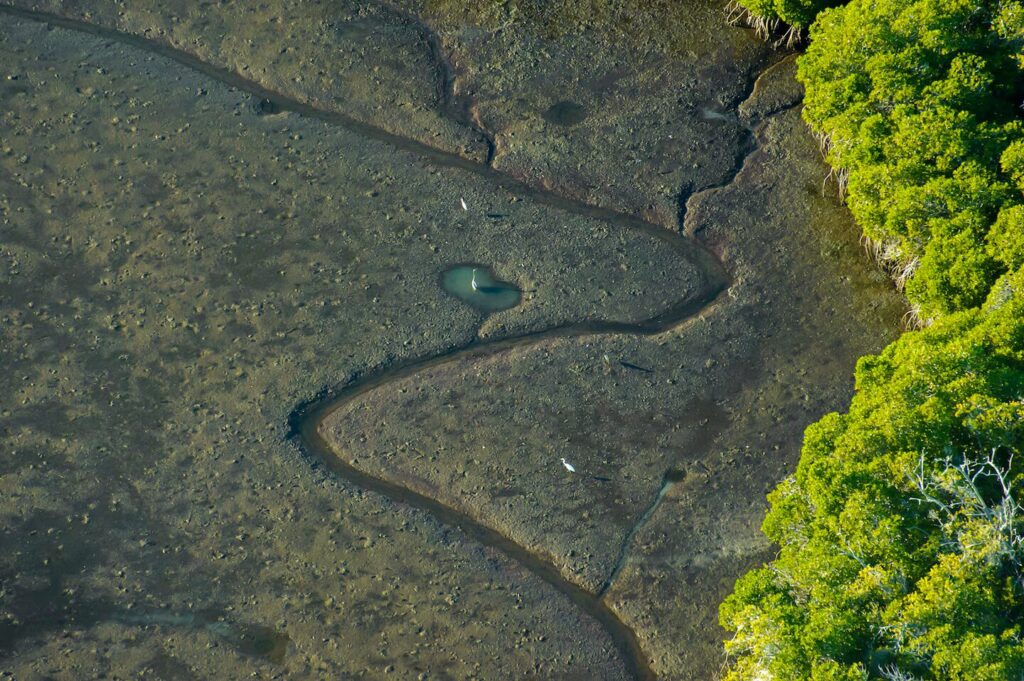Research conducted by climate scientist Bernie A. Bastien-Olvera and several colleagues from Scripps Institution of Oceanography of the University of California at San Diego revealed that the mangrove destruction at Acapulco could have exacerbated the devastation caused by the Hurricane Otis in 2023.
The study highlights that the mangrove cover that existed in this area in the 1980s could have protected coastal infrastructure and prevented the destruction of dozens of homes.
"As climate change intensifies events like Hurricane Otis, the role of coastal ecosystems becomes essential to ensure the resilience of our communities," said the former postdoctoral researcher at Scripps Oceanography and recently appointed assistant professor at the Institute of Atmospheric Sciences and Climate Change of the National Autonomous University of Mexico (UNAM).
The Hurricane Otis whipped Acapulco on the night of October 25, 2023, with winds reaching 270 kilometers per hour, making it one of the most devastating tropical cyclones in the country's recent history.
The toll of this meteorological phenomenon on the Mexican port caused the death of 50 people, the disappearance of another 30 and severe damage to the city's tourist infrastructure and housing. The damage, according to various non-governmental sources, ranged from 200,000 to 300 billion pesos (9.9 to 14.8 billion dollars).
The research, published in Science of the Total EnvironmentThe study uses satellite data and regression analysis. The results show that homes near mangroves suffered less damage, underscoring the importance of preserving these ecosystems.
The study also highlights the capacity of mangroves to mitigate climate impacts, protect communities and capture carbon dioxide.
"Our findings reinforce the need to invest in natural capital as an effective and sustainable solution to the impacts of climate change. A national crusade for mangrove restoration would not only reduce the vulnerability of communities, but also contribute to greater climate justice by prioritizing solutions that benefit both people and the environment," the research states.
The study, funded by a grant from the Scripps Institutional Postdoctoral Program at Scripps Institution of Oceanographysupports initiatives of mangrove restoration in Mexico, promoted by the SEMARNATas a sustainable solution to the climate change and to improve climate justice.
Bastien-Olvera was assisted in the research by Octavio Aburto-Oropeza y Exequiel Ezcurraand was co-written by Alberto Rivera y Fabio Favorettofrom Scripps Oceanography at UC San Diego, and Sarah Mitchell y Emma Grayformer undergraduate students in the laboratory practices of UC Dan Diego in the Aburto Laboratory.


